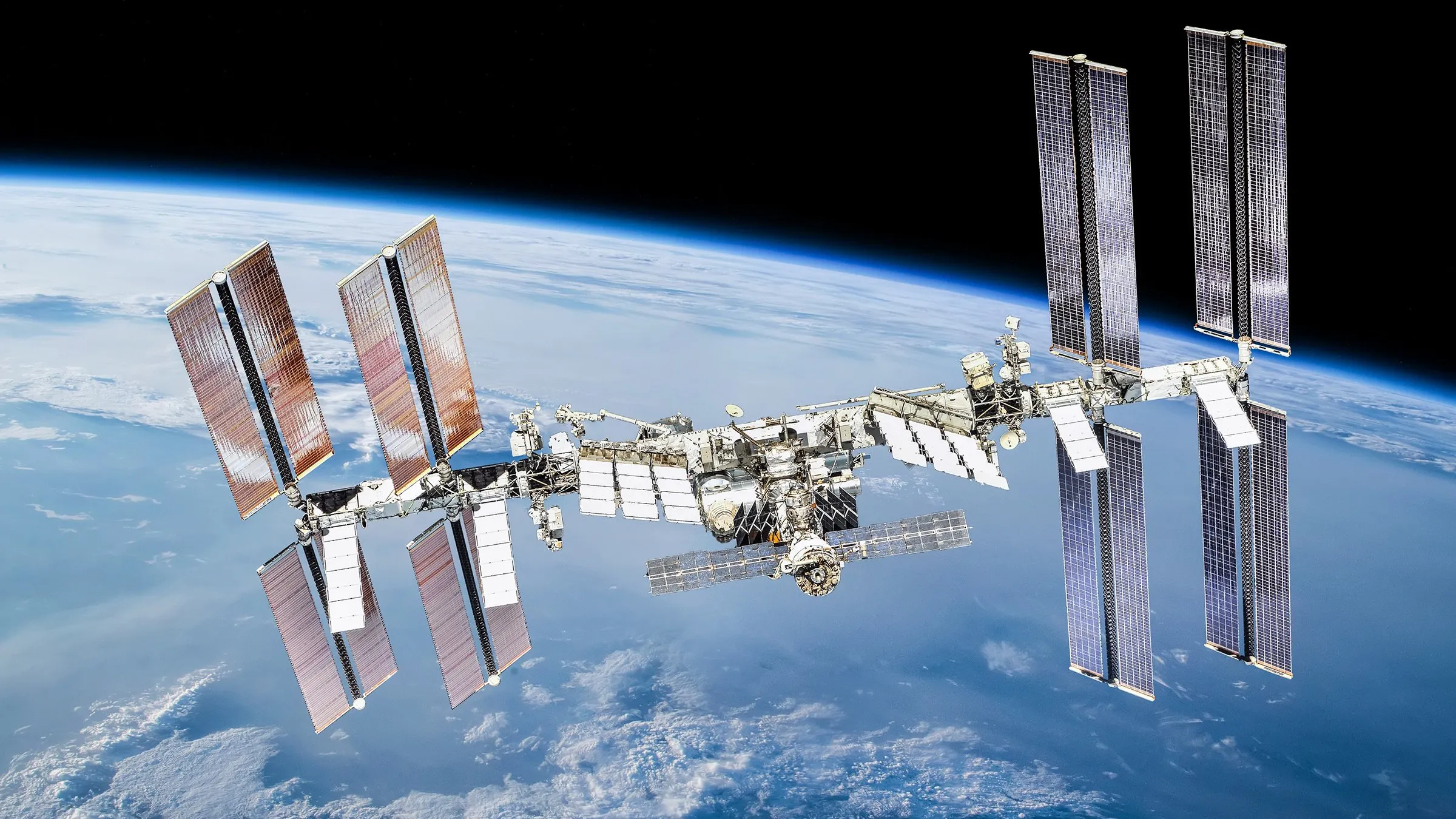UK-based biotechnology company BiologIC Technologies has won a portion of a £33 million grant program from the UK Space Agency to study how biological systems behave in low orbit and space environments, the biotech company announced on Monday.
The grant of £300,000—around $390,000—will go toward further research into space biomanufacturing. BiologIC Technologies works across a variety of fields, including developing vaccines and gene therapy techniques.
”Space biomanufacturing has become a strategic imperative for nations needing to sustain human activities in deep space and for biopharmaceutical companies generating new therapeutic value from microgravity environments,” the company said.
Biomanufacturing refers to the creation of products that use living systems such as microorganisms, animal cells, or plant cells.
“Deep space—the ultimate challenge for distributed biomanufacturing,” BiologIC Technologies wrote on Twitter. “We’re excited to adapt our precision bioprocessing platform modules for semi-autonomous microgravity operation in partnership with [the UK Space Agency].”
Through its National Space Innovation Programme, the UK Space Agency is investing up to £65 million ($84 million) in projects designed by UK-based companies that develop new space technologies and services.
"It's really difficult on earth to study the effects of aging because it takes so long, but in space, our cells age faster,” BiologIC Technologies CEO Richard Vellacott told the BBC. “This kind of research can be done quicker up there and potentially speed up new treatments,"
The BBC reported that the company's technology will be tested aboard the International Space Station.
“if we can make raw materials in space, we'll start to do it on Earth,” Vellacott told the broadcaster. “At the moment we import what we don't have from other areas, which isn't sustainable in the long term.”
BiologIC Technologies did not immediately respond to a request for comment from Decrypt.
Partnering with BiologIC Technologies is Texas-based Axiom Space, which, in January, hitched a ride on a SpaceX rocket to send a collection of physical art pieces recreated from the Space Grails digital art collection of NFTs to the International Space Station (ISS).
"As we witness the historic Ax-3 mission, I believe the Space Grails collection will also mark a historic milestone in which eight independent artists came together to push the boundaries of art and space and celebrate the limitless potential of human creativity,” Axiom Space Head of Web3 Mina Salib previously told Decrypt.
Edited by Ryan Ozawa.
Daily Debrief Newsletter
Start every day with the top news stories right now, plus original features, a podcast, videos and more.

